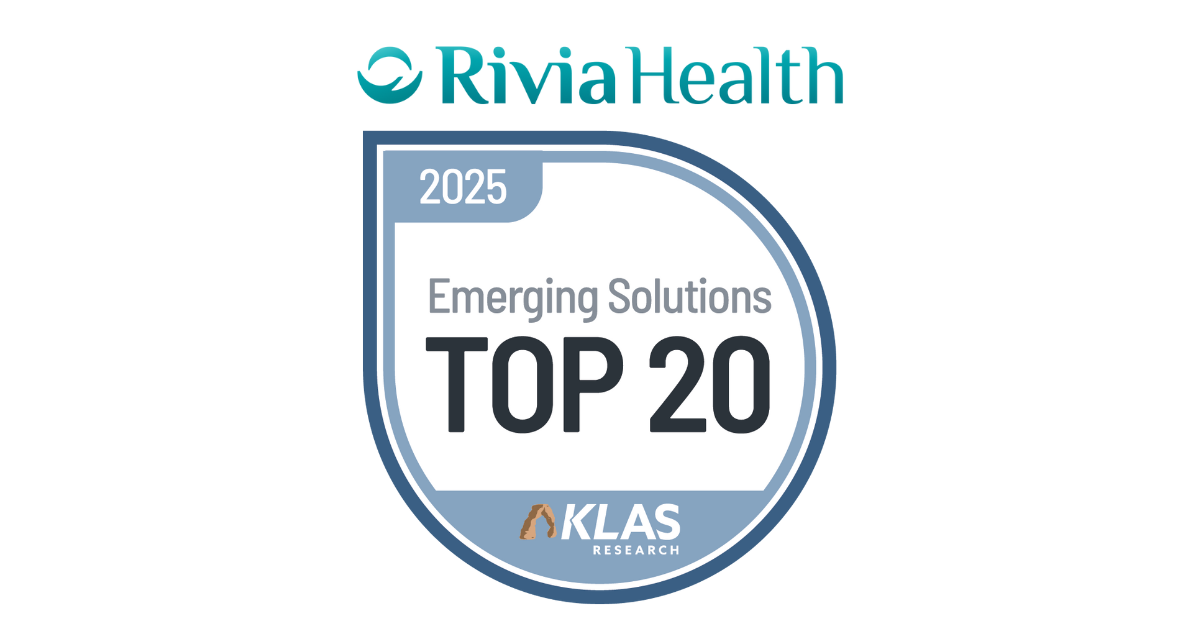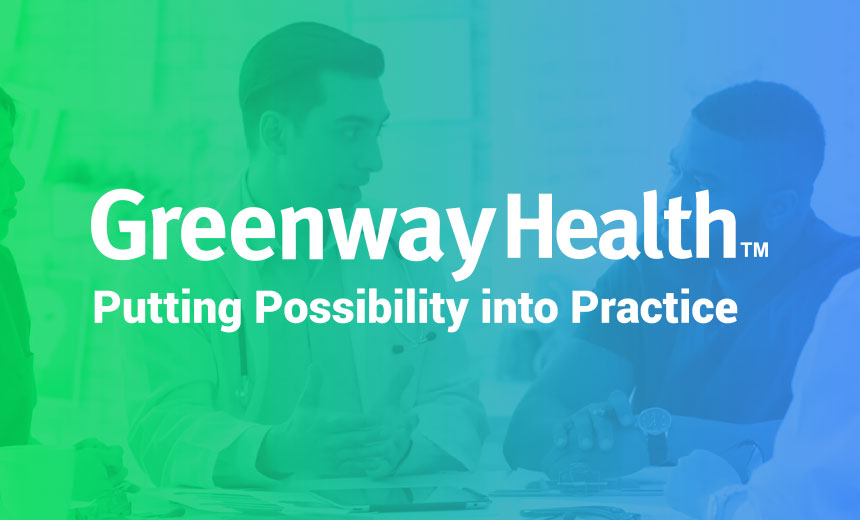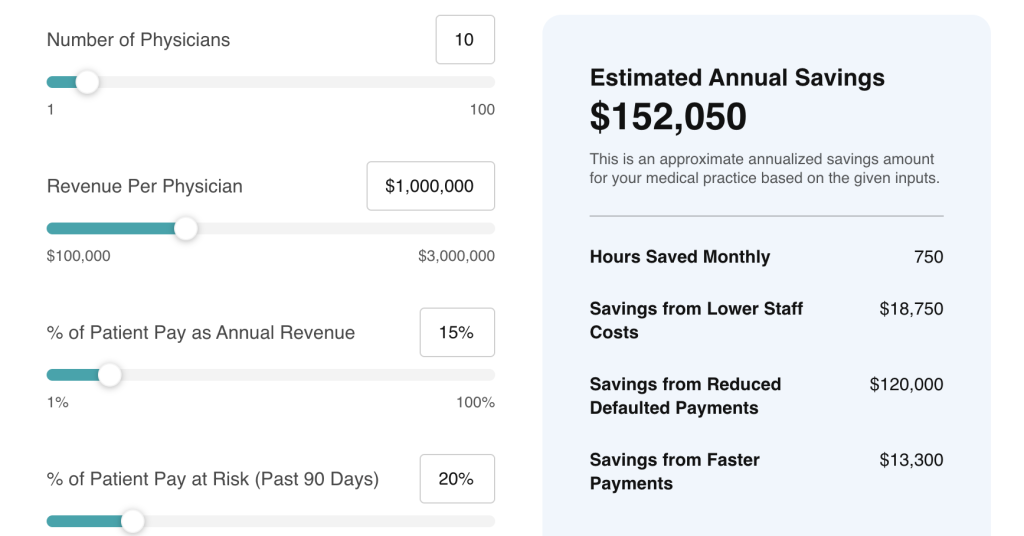Running a medical practice today is more challenging than ever. From navigating a constantly evolving regulatory landscape to managing staffing shortages, rising patient expectations, and growing financial pressures, healthcare leaders face a complex web of operational hurdles. To remain competitive and deliver exceptional care, practices need to work smarter, not harder. Fortunately, technology has evolved to meet these challenges head-on, offering innovative and scalable solutions that can make a meaningful difference.
In this article, we explore the top five pain points most commonly experienced by medical practices and highlight how thoughtfully implemented digital tools can address them. Whether you’re managing a solo practice, a growing specialty group, or a large health system, these insights can guide your journey toward operational efficiency, enhanced patient satisfaction, and sustainable growth.
High No-Show Rates
The pain: Missed appointments represent a serious and costly issue in the healthcare industry, costing U.S. providers an estimated $150 billion annually. No-shows disrupt the daily schedule, reduce staff productivity, waste valuable time, and hinder access for other patients who could have taken those slots.
The solution: Digital appointment reminder systems delivered via SMS, email, or automated voice calls are highly effective at reducing no-shows. Today’s platforms support multi-channel messaging and even enable two-way interactions, allowing patients to confirm, cancel, or reschedule appointments on the fly.
Pro tip: Use automated reminder sequences triggered at key intervals—such as 72 hours, 24 hours, and the day of the appointment. Incorporate key details like provider name, visit type, time, and location to ensure patients are well-prepared.
Tech in action: Tools like Rivia Health connect directly with EHR systems, including athenahealth, to deliver personalized, timely appointment reminders that minimize scheduling gaps and keep calendars full.
Inefficient Revenue Cycle Management
The pain: Medical billing is notoriously complex, often plagued by coding inaccuracies, claim denials, and delayed patient payments. These inefficiencies can result in significant revenue loss and demand excessive manual labor from billing teams who must track down payments and follow up on outstanding balances.
The solution: Automating revenue cycle workflows can drastically reduce these challenges. Revenue Cycle Management (RCM) software can facilitate faster claims processing, accurate coding, and seamless patient payments. One especially effective innovation is login-free payment tools, which allow patients to pay instantly via secure, personalized links delivered through text or email—no portal logins or password resets required.
Pro tip: Opt for platforms with real-time eligibility checks, support for multiple payment options (including payment plans), and the ability to integrate with existing billing software.
Tech in action: Solutions offering login-free, mobile-first payment experiences see significantly higher patient payment rates, fewer billing inquiries, and reduced operational overhead for the practice.
Staffing Shortages and Burnout
The pain: Healthcare workers are burned out. A shrinking labor pool, increased patient demand, and redundant administrative tasks have stretched staff thin. Both clinical and administrative teams are feeling the pressure, leading to decreased morale, increased turnover, and declining patient satisfaction.
The solution: Intelligent workflow automation tools can relieve some of the burden by offloading repetitive, time-consuming tasks. Automating processes like check-in reminders, balance notifications, appointment scheduling, and even post-visit surveys allows staff to focus on higher-value work that improves care delivery and patient outcomes.
Pro tip: Start with automation for repetitive, high-frequency tasks and expand as your team becomes more comfortable. Make sure to select tools that require minimal training and integrate smoothly with your EHR and practice management system.
Tech in action: AI-enabled platforms like Rivia Health automatically manage patient outreach, payment follow-ups, and scheduling reminders, empowering staff to do more with less and reducing burnout risk across the board.
Poor Patient Communication
The pain: In today’s digital age, patients expect quick, clear, and convenient communication. If your practice still relies heavily on phone calls, voicemail, or printed mail, you’re likely falling short of those expectations. Poor communication frustrates patients, lowers satisfaction, and can result in missed appointments or delayed care.
The solution: Implement a comprehensive patient engagement platform designed for mobile-first communication. Use it to send automated confirmations, visit instructions, lab results, billing reminders, and feedback requests via the patient’s preferred method of contact—whether it’s SMS, email, or voice.
Pro tip: Collect communication preferences during patient intake and use that data to personalize interactions. Consistency and clarity are key to building trust and improving the patient experience.
Tech in action: Integrated communication platforms allow you to maintain a professional and cohesive brand experience throughout the entire patient journey, from scheduling and treatment to billing and follow-up.
Data Silos and Lack of Integration
The pain: Many practices use a patchwork of disconnected systems—separate tools for EHR, billing, scheduling, and communication. These silos create operational inefficiencies, increase the risk of errors, and make it difficult to get a unified view of your practice’s performance.
The solution: Choose healthcare technology platforms that are built with interoperability in mind. Fully integrated solutions ensure seamless data flow between systems, reduce the need for manual entry, and allow staff to work more efficiently.
Pro tip: Prioritize HIPAA-compliant vendors with proven EHR integrations. Look for systems that offer real-time syncing, audit trails, and strong customer support to help you through implementation.
Tech in action: Rivia Health integrates with leading EHR and PM platforms to enable real-time updates, synchronized communications, and centralized reporting, giving practices a clear and actionable view of the patient journey.
Final Thoughts: A Smarter Practice Starts with Smarter Tech
Medical practices that embrace digital transformation aren’t just adapting to change—they’re building a foundation for long-term success. By addressing core operational pain points with the right technology, your organization can operate more efficiently, collect payments faster, retain happier staff, and deliver a more satisfying patient experience.
At Rivia Health, we help medical practices modernize the way they engage with patients through streamlined communication, intelligent automation, and mobile-first billing solutions. Our platform is designed specifically for healthcare, integrates seamlessly with leading EHRs like athenahealth, and delivers measurable results that matter to your bottom line.
Ready to take your practice to the next level? Let’s start the conversation.









